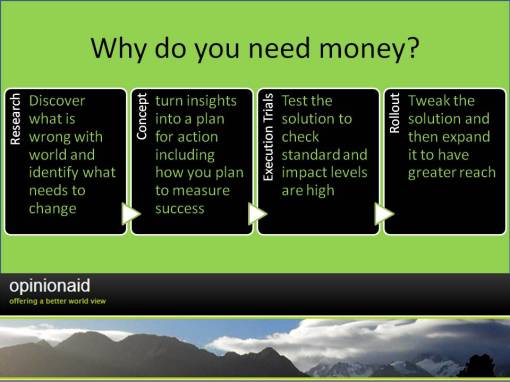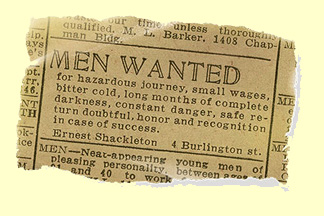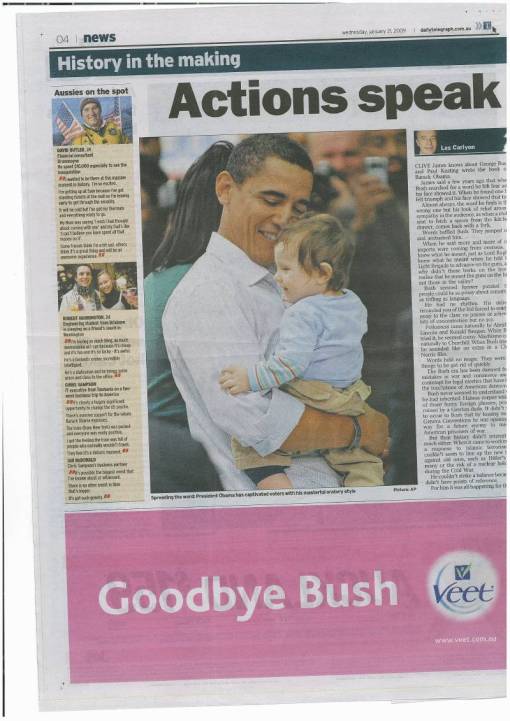I am disappointed that fundraising is receiving such negative press in Australia right now.
My disappointment has brought me here to opinionaid, even though I haven’t posted for nearly two years.
Today Richard Radcliffe is shown making jokes about asking for bequests, including calling people liars.

It has lead me to wonder…
Have I ever seen the heads of advertising agencies appearing on The Gruen Transfer and making jokes about the public they persuade to buy products?
No – they explain their methods and make fun of themselves.
Does Jamie Oliver insult the people he is trying to inspire to cook healthier meals?
No – he finds creative ways to inspire them to change their behaviour.
The problem with the rap that fundraising is getting at the moment is that fools are making it easier to report the story that goes “charities are tricking you.”
The story that should be being told is the hard work that fundraisers put into communicating with good people… people who wish the world was a better place.
Fundraising is not about selling a charity to someone who doesn’t want it. Fundraising is about ensuring the good people of the world can put their wishes into action. And since the world in which those people live is filled with messages about how people can improve their own lives, charities deserve the opportunity to employ fundraisers who can cut through all the noise and inspire more support for those who need help to improve theirs.
I think most fundraisers want the world to accept that what they do is challenging, and that it requires spending money to make money. But that appreciation will not come if there is any chance that people in fundraising are betraying the trust that is placed in them. And putting people down, is betraying that trust.
Most fundraisers agree that providing good customer (supporter) care is important, selecting the right audience reduces waste, and communicating with skill is necessary. Good fundraisers can show how they do that by hiring good staff, adopting good methods, and being creative.
But the reason why that story doesn’t gain prominence in the media is because the fools don’t hold their tongues.
Fundraising is in need of a new story, but surely we can turn our talents to our own plight?
I propose the rest of us adopt and communicate the code of practice by which we want to be judged:
1) I will uncover the stories of those who will suffer without charity.
2) I will present those stories truthfully, to those whom I believe want to be told, and I will convey the urgency with which support is required.
3) I will thank those that support our charity promptly, and share evidence that their support was necessary and effective.
4) To achieve all of this I will never deny that I need to spend money. I will provide an independently audited report that shows the amount I spend, and compares my efforts against a sector wide target to ensure that each dollar spent earns at least two dollars in return.
If we don’t like what is being said, we should change the conversation.
Dan.







